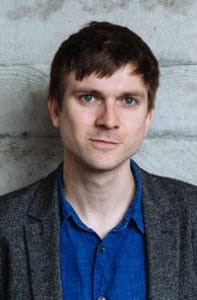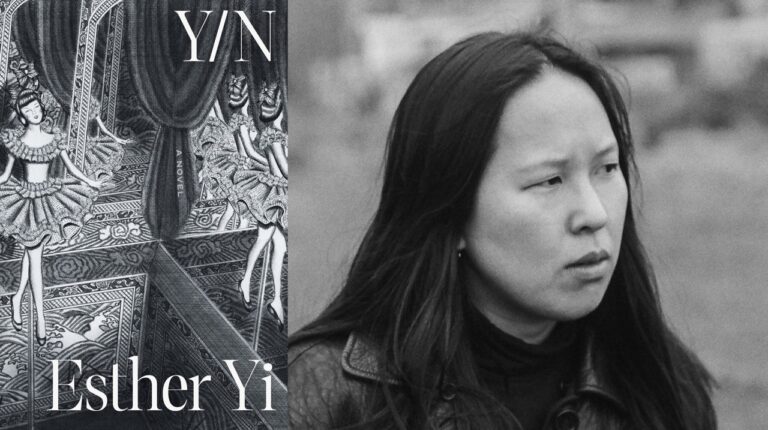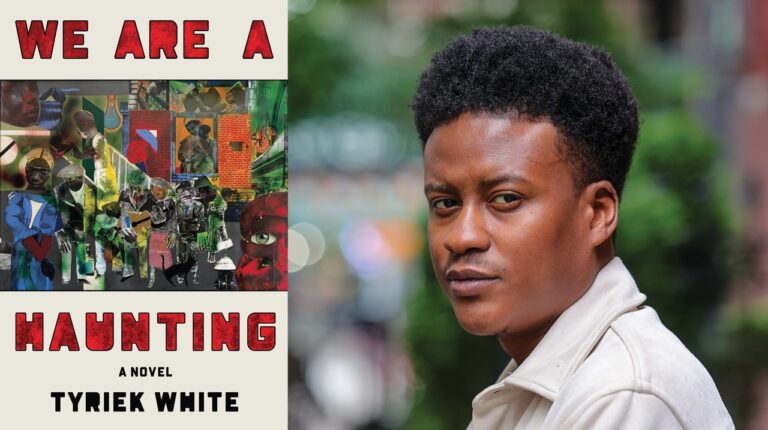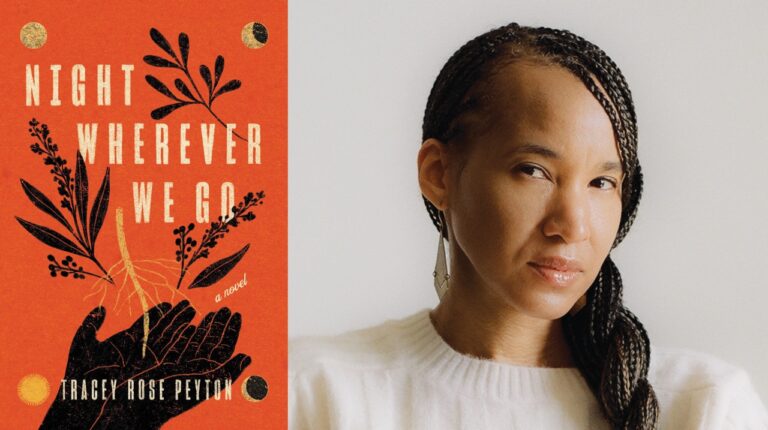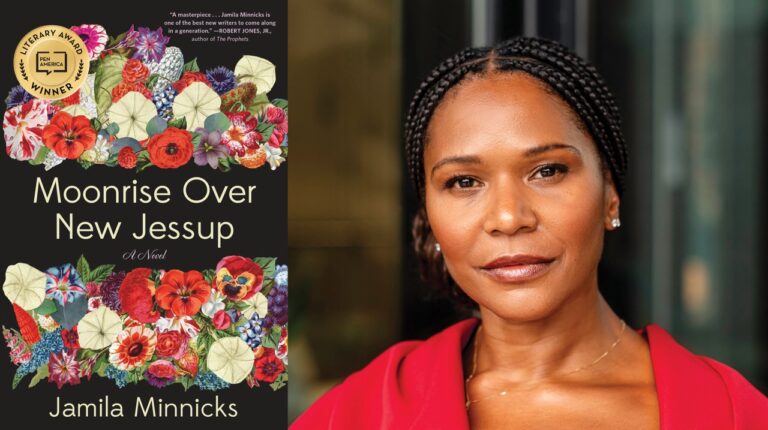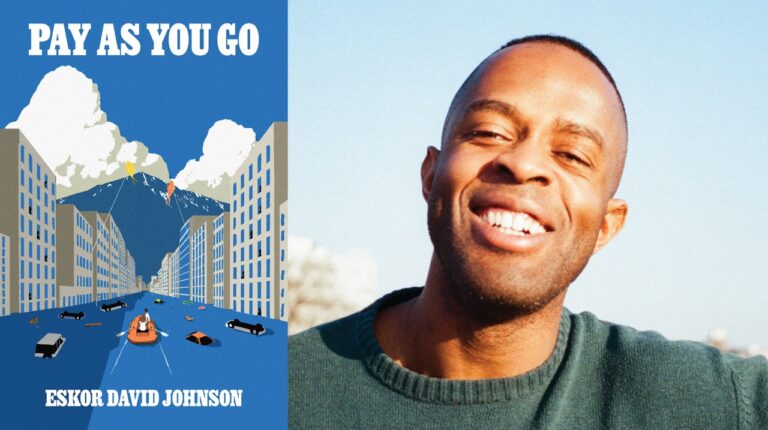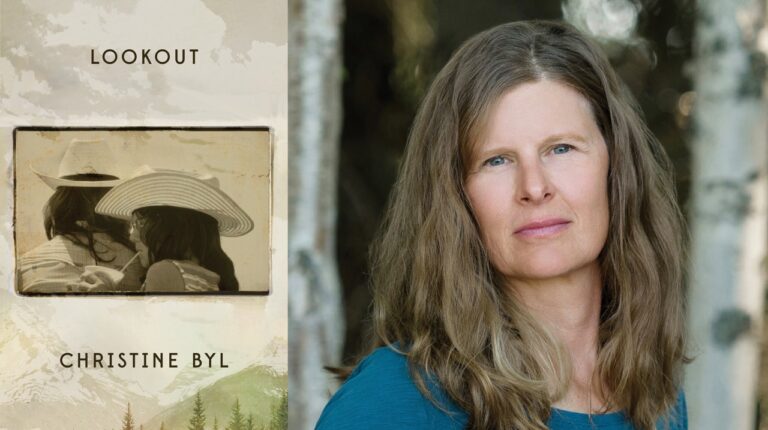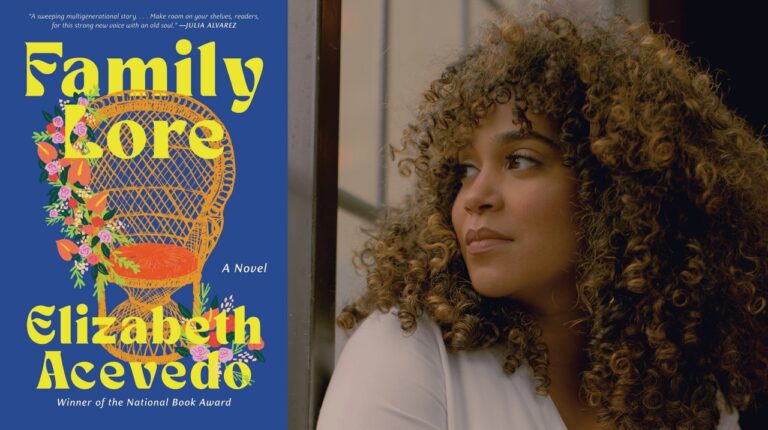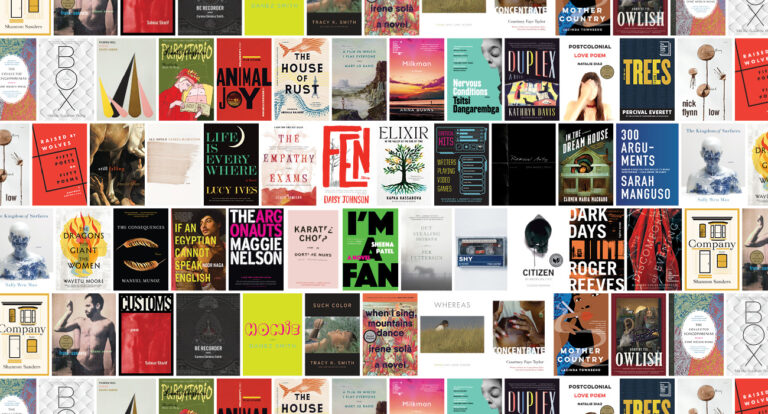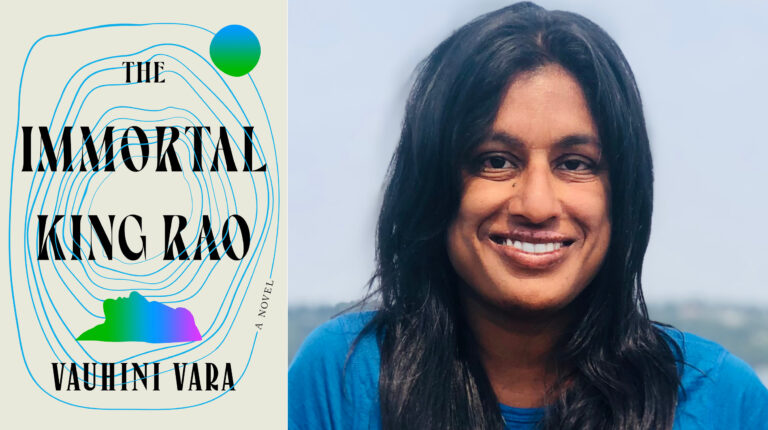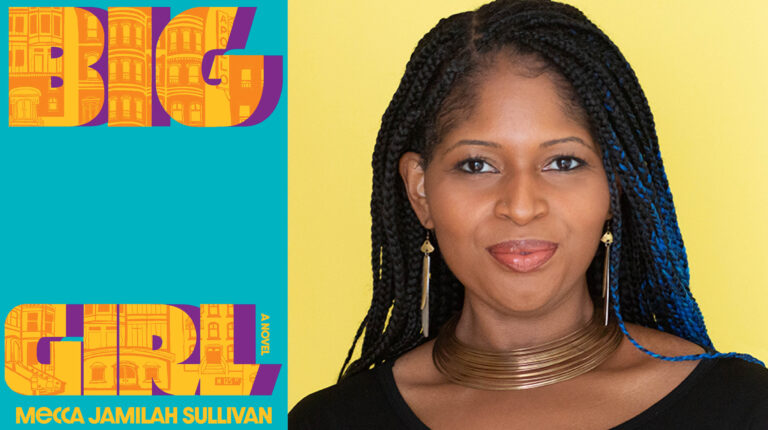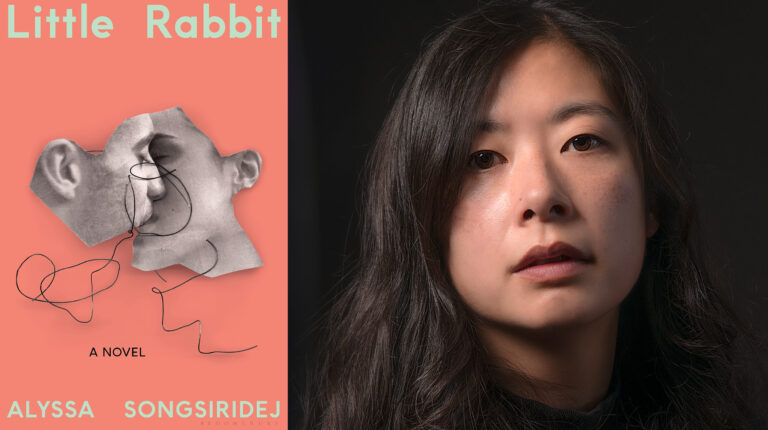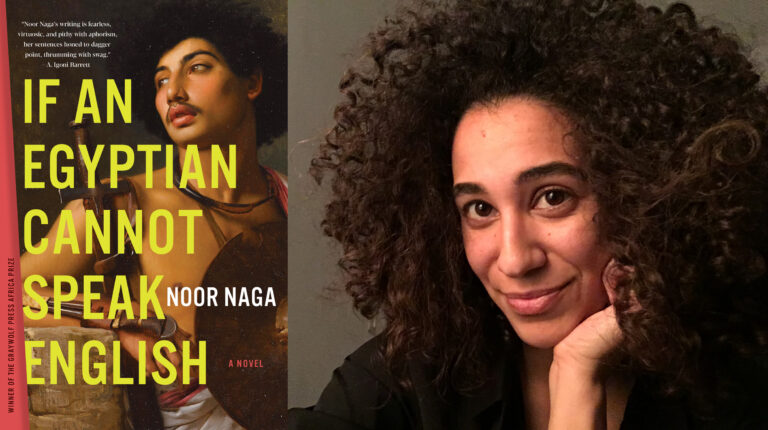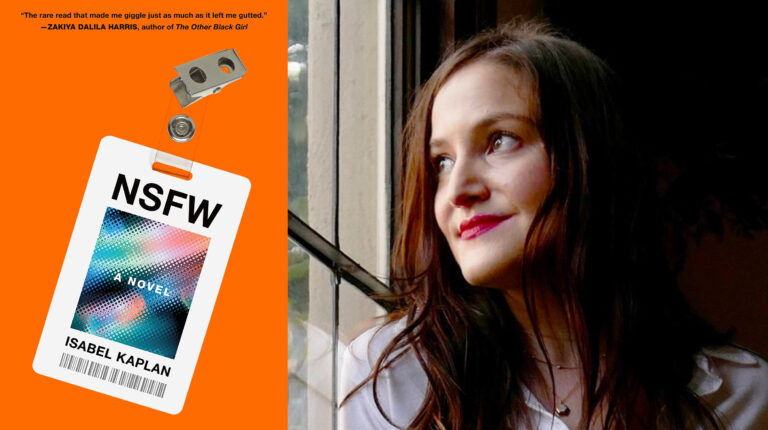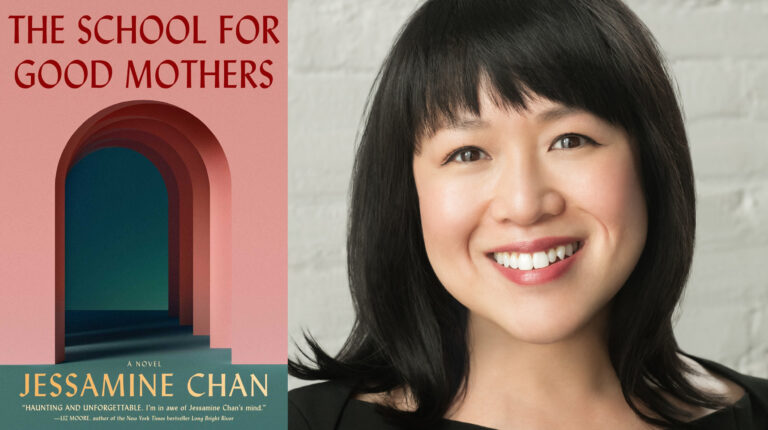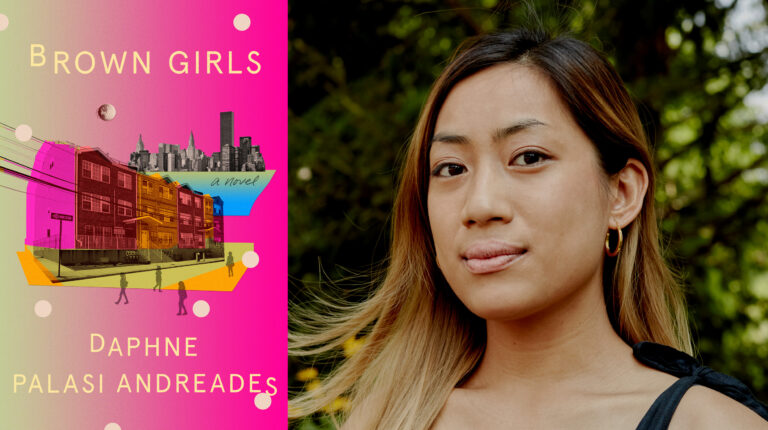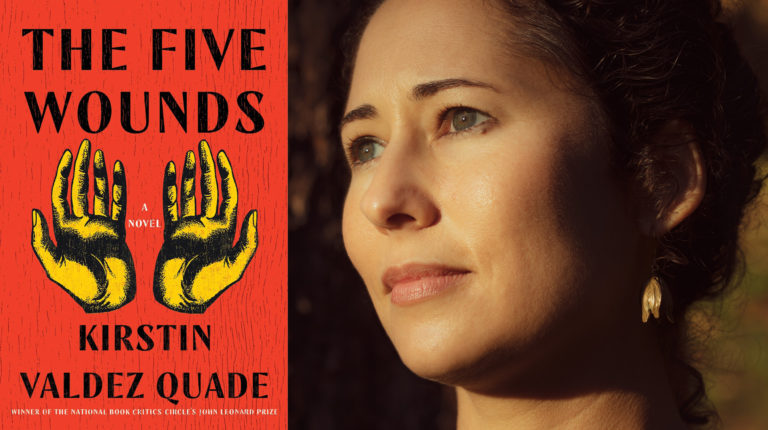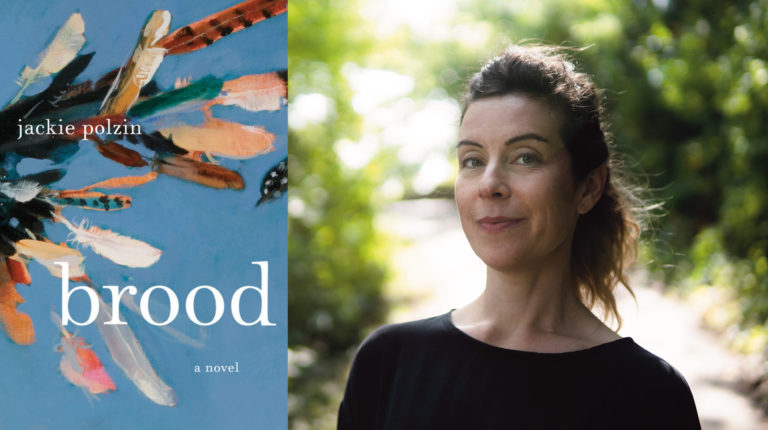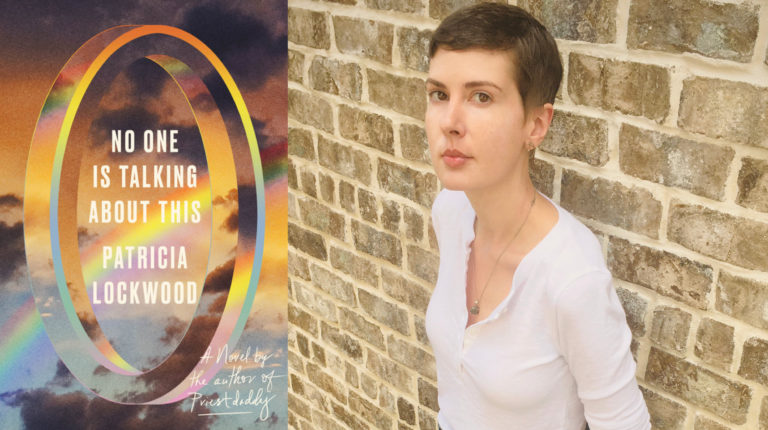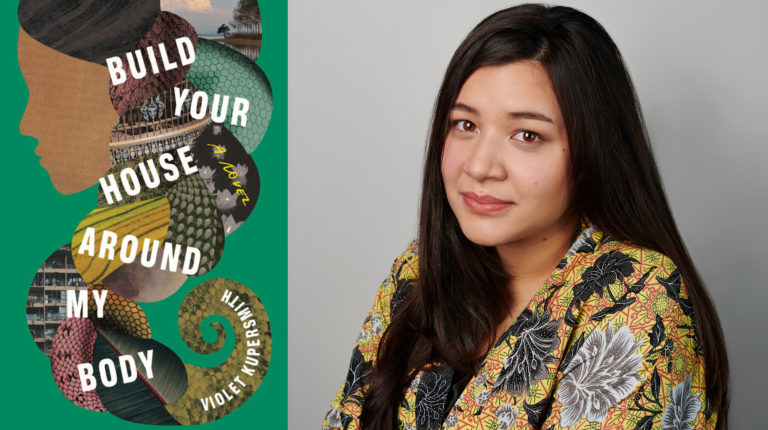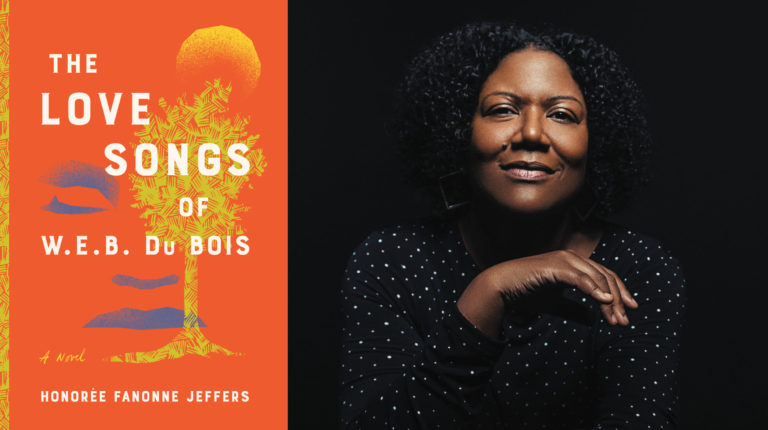Angela Carter's name in the United States has been whispered like a secret by her fans (there's this writer you have to read), but her reputation has never quite solidified in the canon here. Carter rose to prominence in the UK along with the likes of Salman Rushdie and Ian McEwan, but her genre-bending, bawdy, feminist prose didn't always earn her the same accolades as her peers. Now a new biography, The Invention of Angela Carter by Edmund Gordon, aims to bring this writer to the literary forefront. Here, our web editor Kristin Henley talks to Gordon about taking on Carter's legacy.
Your biography of Angela Carter is incredibly thorough—can you talk about the process for researching this book? And what was it like to dive so intimately into someone else’s life?
It’s a fairly obsessive pursuit. I spent five years of my life researching and writing about Angela Carter’s: I immersed myself in her diaries and letters, I retraced several of her journeys (including one by train across Siberia, which I found hard going), and I spent a huge amount of time with the people she was closest to. By the end, I knew her better than I know most of my own close friends and family members, and in some respects better than I know myself. I was very lucky, in that I found her a consistently interesting and attractive personality—I can’t imagine how grueling the process of researching a biography must be for authors who grow to dislike their subjects.
I read an interview recently with the writer Yiyun Liwhere she mentioned that she didn’t write in China growing up, because she didn’t have a private life. I thought of Angela Carter especially in relation to her mother and her marriage to Paul Carter. How do you think these relationships affected her writing? And do you think their influence stretched beyond her formative years?
I think that Angela Carter’s relationship with her mother was in many ways the most important of her life. Her mother was socially very conservative (she loathed swearing, and would change the television channel if an actor or presenter had been divorced), and almost pathologically overprotective (she wouldn’t allow Angela to go to the bathroom unaccompanied until she was in her teens). So Angela felt that she had to reject her mother’s values absolutely in order to gain a measure of independence from her. The personality that emerges so powerfully in Carter’s writing—bawdy, funny, frequently outrageous—was formed in direct opposition to the sort of nice, polite young lady her mother wanted her to be. Her marriage to Paul Carter was also very important, but not in quite the same way: her sensibility was already pretty well formed by the time she met him. But she channelled her unhappiness during the nine years that they were married into her writing, and the bitter flavor of early novels such as Love and Shadow Dance is testament to that. I suppose that’s sort of the opposite of what Yiyun Li seems to be saying… Carter was at her most productive during precisely those periods when her private life was the most restrictive.
Carter started her career as a journalist and continued to write reviews and criticism throughout her life. Do you think this influenced her fiction?
Her journalistic output wasn’t limited to reviews and criticism in later years—she also wrote some of the greatest reportage since Orwell! (Check out her amazing 1972 piece on Japanese hostess bars, for example.) Her interests were pretty consistent across everything she wrote, so her collected nonfiction contains lots of stuff about cinema and fashion, America and England, pornography and gender, all of which are key themes in her fiction. But I think that her parallel career as a journalist might have left her free, to some extent, to depart from the direct realist conditions of late-twentieth-century life in her fiction. She’d already covered that elsewhere.
Carter’s self-image seemed to be that of an outsider—from being from the “wrong side of the Thames,” to being a foreigner in Japan, to being outside of literature’s “young guns”—do you think that was important to her?
Yes, I think it was hugely important to her. She needed to be on the outside, looking in, and she never liked to be associated too closely with any movement or genre, whether it was radical feminism, the 1960s folk revival, or magical realism. She took pains to maintain an individual perspective on the world around her, and freedom was the value she cared most deeply about (which can perhaps also be traced back to her claustrophobic childhood….)
I was interested in the way that Carter’s work often crossed genres between literary fiction, science fiction, fantasy, and even horror in a way that’s not often seen today. Can you speak to that?
Well, she was very interested in genre, and in mixing high art with low. She felt that the distinction between high art and low art was something of a conservative imposition, and that it was important to undermine that distinction—and indeed that it was important to undermine most distinctions, including those between different literary genres. She was all about dissolving categories; she liked to storm every barrier that she found. She had some formal grounding in classical genres from her university training in medieval literature, and she was very interested in the debate that was going on in the 1970s about mixing different genres—Derrida wrote a famous essay about it, I forget what it’s called… I suppose she thought that it was politically important to explode the distinctions between different genres, to challenge our expectations in that respect. Because what is a genre, really, except a set of conventions? And she found conventions (of every sort) rather suspect.
The influence that fairytales had on Carter is clear—from her writing style to her own versions in works like The Bloody Chamber—why do you think the form spoke to her so much?=
Partly because fairytales come from an oral tradition—they’re the indigenous art form of the illiterate masses, and as such they connect us to generations of anonymous men and women whom official history hasn’t deigned to record; partly because they’re a feminized form, often (rather patronizingly) associated with the dismissive convention of Mother Goose; partly because of their democratic aspect, the fact that they belong to a multitude of tellers, rather than to any particular author; and partly because of their dreamlike quality, and the wealth of extraordinarily violent and sensual imagery that they contain.
You note in the epilogue about the disappointment among Angela Carter’s fans that her first biographer wasn’t a woman (which by the way I think Carter would think was nonsense). Can you talk about the challenges you faced profiling a woman—especially such a feminist icon?
Yes, when I was writing the book a couple of people did question whether, as a man, I could ever fully understand Angela Carter—but I’m pleased to say that I haven’t heard anyone saying that since the book was published. Still, I did feel quite conscious of my position, as a man writing about a woman: I was perhaps more careful about allowing her to speak for herself, not speaking over her or hypothesising about her feelings, than I would have been had I been writing about a male subject. And when I wrote about her sex life, for example, there were some technical questions—about the tone I adopted, mainly—that I spent a lot of time thinking about. Carter was very interested in overturning taboos relating to female sexuality, so it would have seemed like a complete dereliction of my duty if I’d avoided writing about those aspects of her life—but at the same time, I didn’t want to come across as a sort of peeping tom. So that was a little bit tricky. On the other hand, I hope that I’d basically have had a respectful attitude to any biographical subject, male or female, and I do think that those people who doubt a man’s ability to understand a woman’s life are making a fundamental category error. I wasn’t writing fiction—I didn’t need to make up her responses to things, I just needed to be equipped with enough basic empathy to grasp why she felt the things she felt. Almost all writing involves an act of identification with people who are in crucial respects unlike the author, and Carter never thought of gender as the most important division between human beings—so I agree with you, I don’t think she’d have been particularly concerned about her biographer’s gender.
And Carter herself felt that masculinity was a narrow construct thrust on men. How do you see this “sympathy” for men in her writing?
Well, she felt that most aspects of our personalities—gender roles, certainly, but also modes of behavior associated with age and class, for example—were societal impositions. So I don’t think she felt particularly sympathetic towards men as a group; she just didn’t feel particularly hostile towards men as a group either. She hated the patriarchal structure of British society, but she didn’t hold all men to blame for it (just as she didn’t think all women were blameless). She thought that society was made up of individuals, and her writing certainly reflects that belief.
I admired the way you presented such a varied and balanced portrait of Angela Carter (which was reflected in your title)—was this something you set out to do from the beginning? And how hard was it to resist some of the mythologizing of her character?
Thank you. I suppose I tried to create a sense of how she saw herself, and also of how people saw her while she was alive—I wanted to return a sense of contingency, and also of danger, to the story of her life. After somebody dies, we tend to see them in the round, as if it was always inevitable that things would turn out as they did. But of course it didn’t feel inevitable when they were alive, and one of the things that biography can do is to remind us of that. It was easy enough for me to resist the grosser forms of mythologizing—partly, I suppose, because they’re not very nuanced, and when you’re writing a 400-page biography you simply have to look at things more closely. And I was also conscious of her own resistance to mythologizing—so I wanted to kind of do a Carteresque job on Carter, to unpick some of the myths that she’s become wrapped up in over the years.
